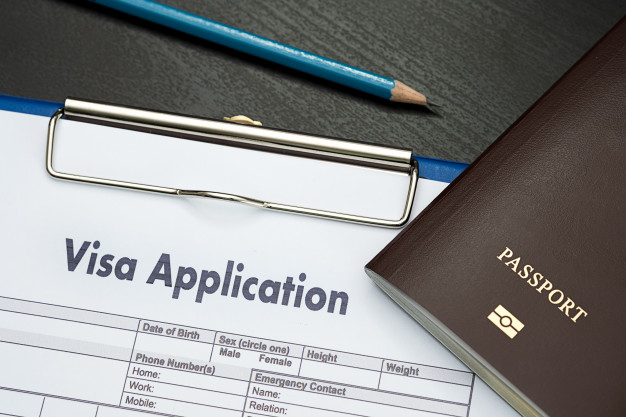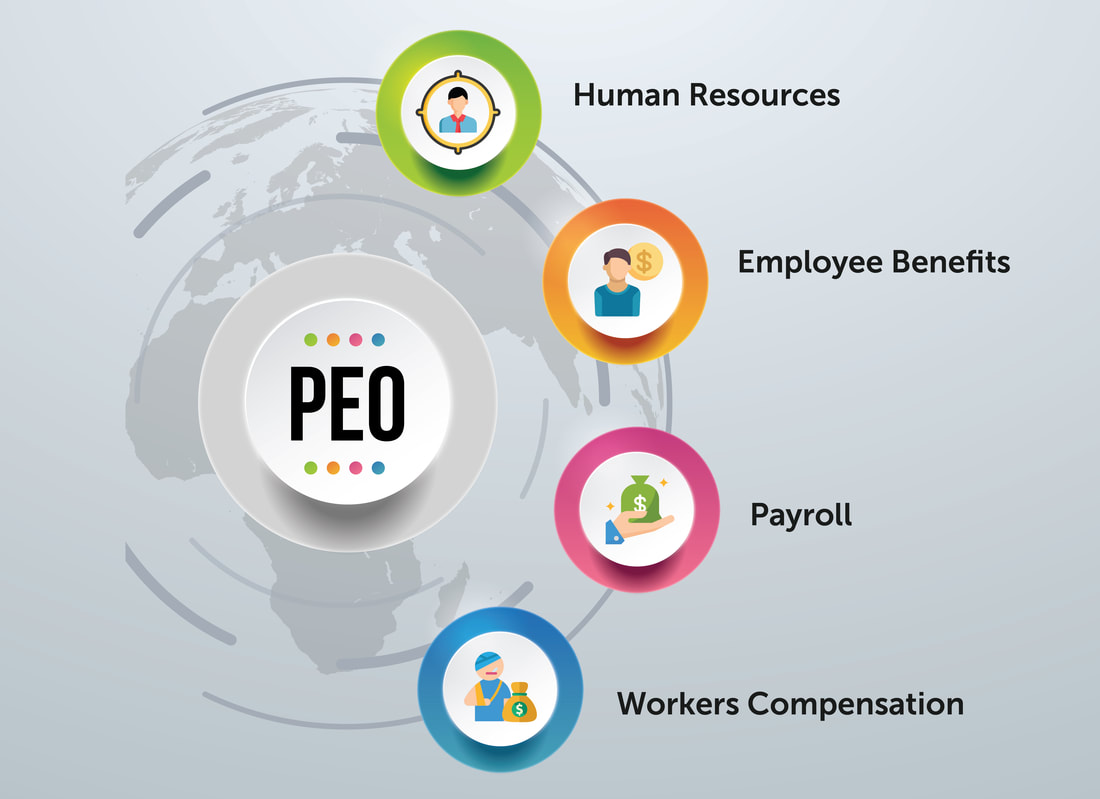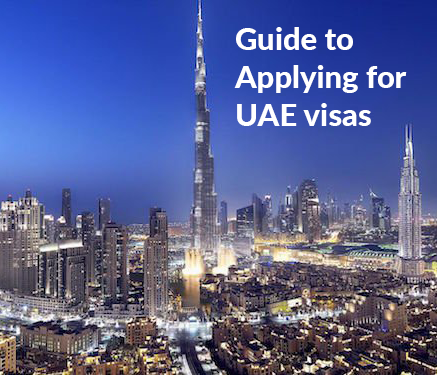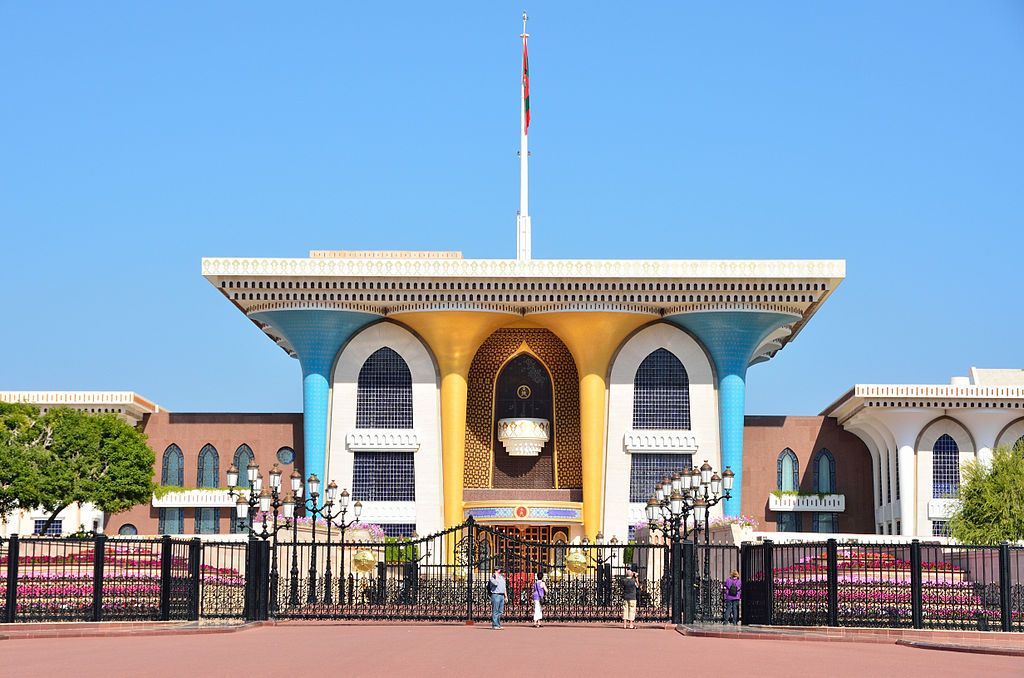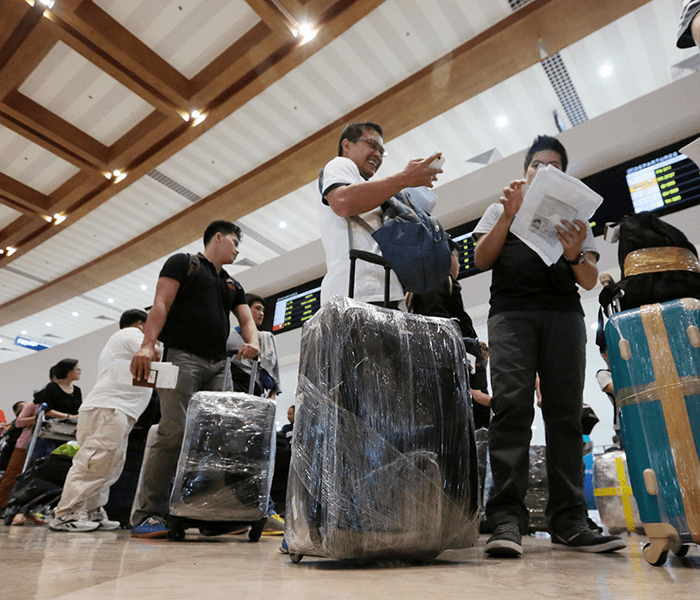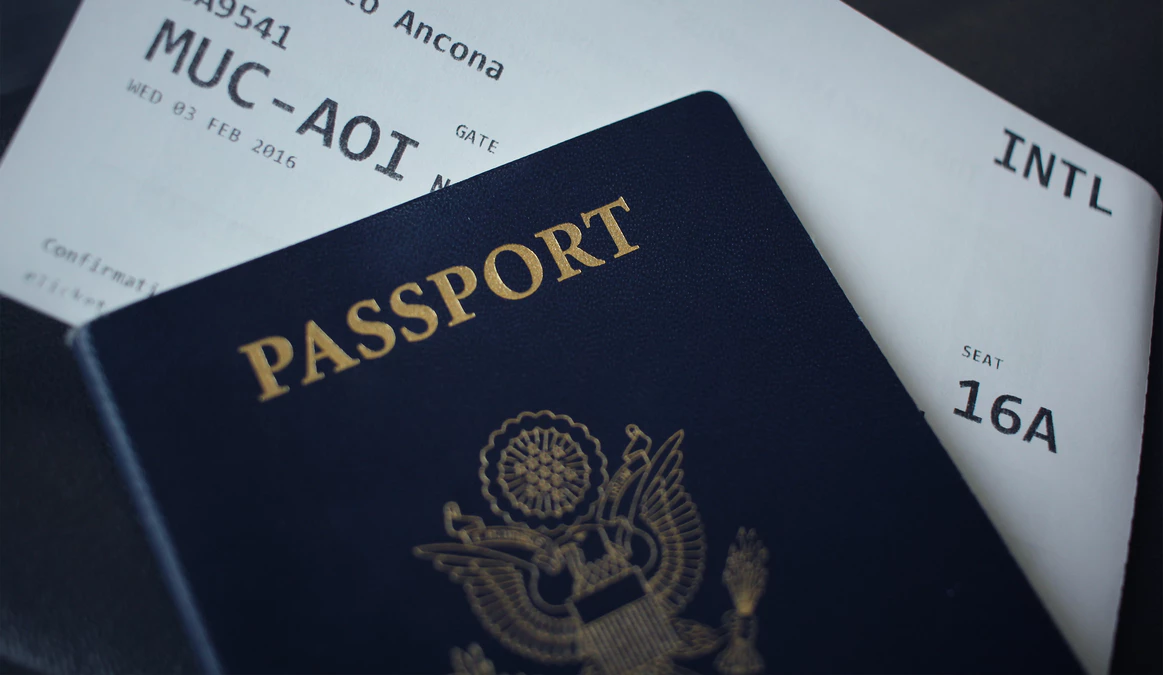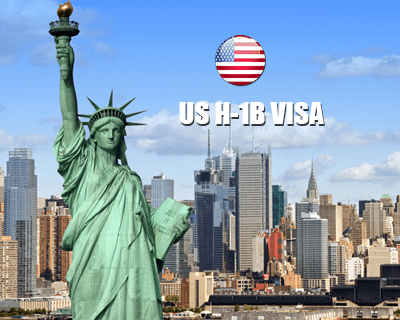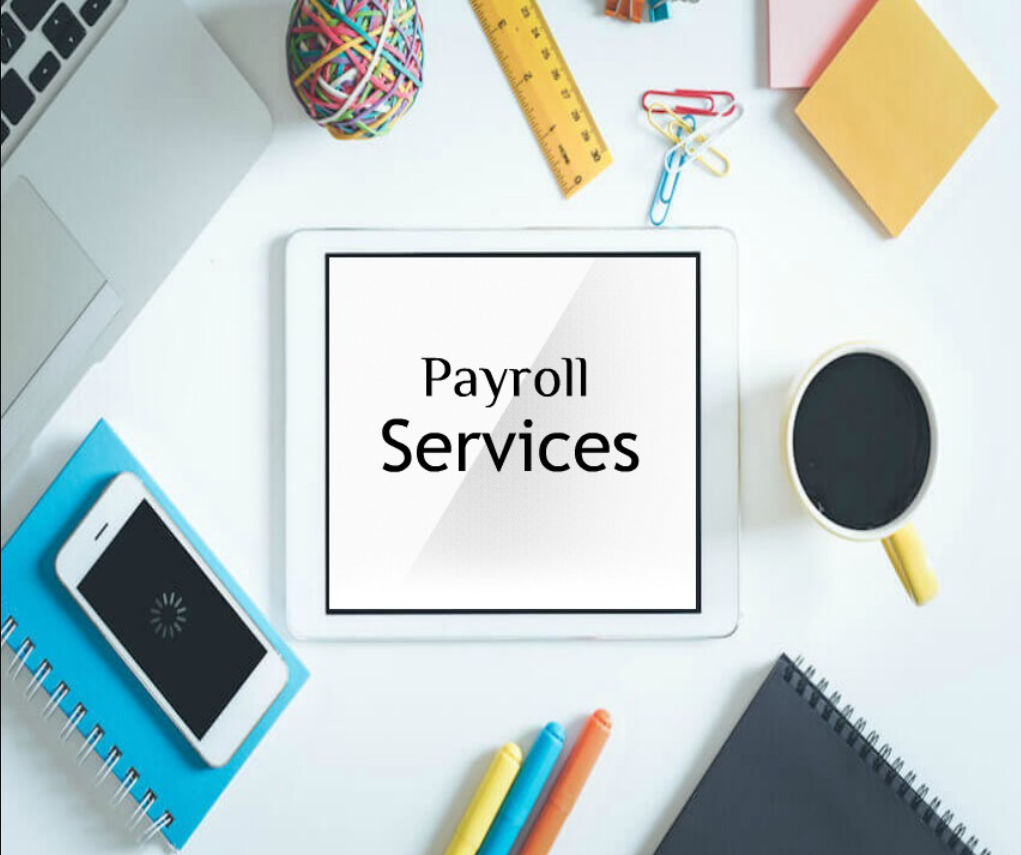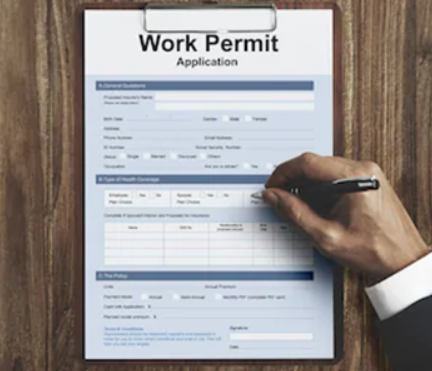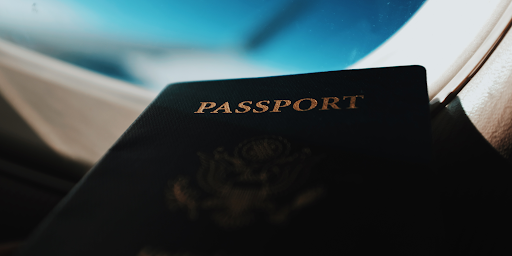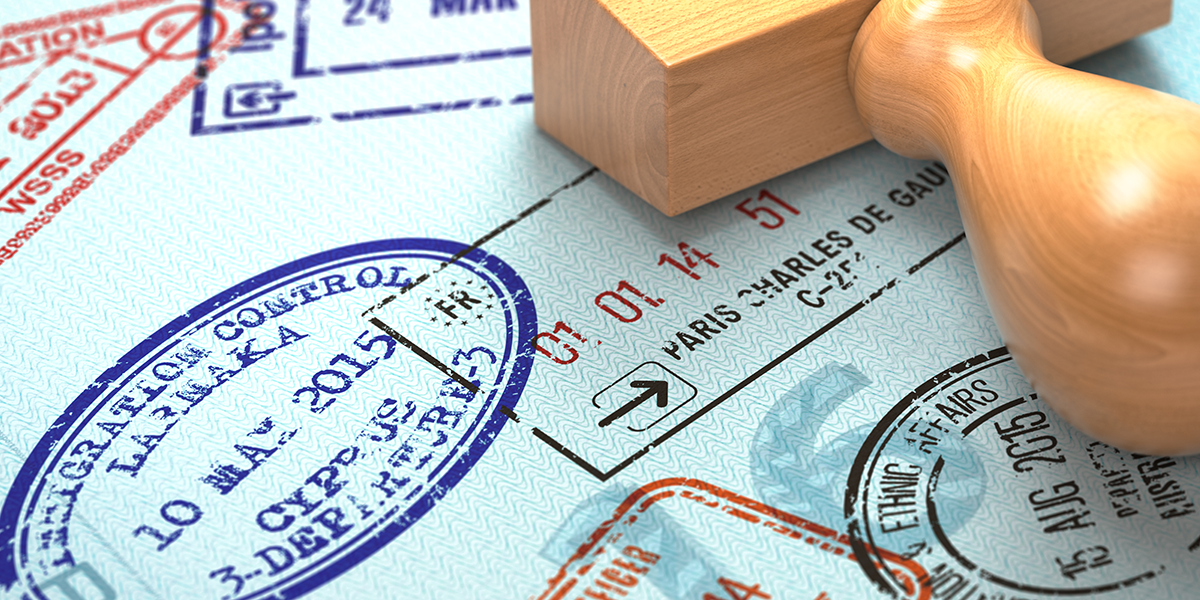United Kingdom: Government Publishes Policy Statement on Future Immigration System

Quick summary of what has happened so far.
Following a general election, parliament ratified the withdrawal agreement, and the UK left the EU at 11 p.m. GMT on 31 January 2020. This began a transition period that is set to end on 31 December 2020, during which the UK and EU will negotiate their future relationship.
What does it mean? Withdrawal from the European Union is the legal and political process whereby an EU member state ceases to be a member of the Union. Everyone will be required to obtain permission if they want to come to the UK and to work or study here. The end of free movement gives them an opportunity to reset the conversation on migration.
This is what the Home Secretary had to say
“The ability to control immigration and secure our border was an important part of why many people voted to leave the European Union. But even amongst those who voted to remain, many would agree they want their Government to be able to determine who can, and cannot, come here, to ensure migration works in the interests of the United Kingdom.
Leaving the European Union gives us the opportunity to do just that. It allows us to end Free Movement and build a system that recognises, and maximises, all the benefits of immigration, giving us the full control we need to bring migration down to sustainable levels“
Next question would automatically revolve around EU nationals in the UK. What happens to them? If you’re an EU , EEA or Swiss citizen, you and your family can apply to the EU Settlement Scheme to continue living in the UK after 30 June 2021. You may be able to stay in the UK without applying – for example, if you’re an Irish citizen or have indefinite leave to remain.
The passports? Passports issued prior to Brexit will still be valid for travel throughout the world, provided they are not damaged or expired. The same applies to child passports, which, following Brexit on 31 January 2020, will need to have at least six months of validity remaining on them on the day of travel from the UK to the EU.
Are UK EU citizens? What are your EU citizenship rights? As a national of the United Kingdom or any other EU country, you are automatically also an EU citizen. As such, you can benefit from many important rights under EU law, in particular the right to move freely around Europe to live, work, study and retire.
UNITED KINGDOM: Government Publishes Policy Statement on Future Immigration System
A new system is being implemented. This would transform the way in which all migrants come to the UK to work, study, visit or join their family. It would also revolutionize the operation of the UK border, tighten security and deliver a better customer experience for those coming to the UK.
EU and non-EU citizens will be treated equally. This will reduce the overall levels of migration and ensure top priority to those with the highest talents and skills. This includes scientists, engineers, academics and other high-skilled workers. They would also remain committed to protecting individuals from exploitation by criminal traffickers and unscrupulous employers.
They will also replace free movement with the UK’s points-based system to cater for the most highly skilled workers, skilled workers, and students. It also includes a range of other specialist work routes including routes for global leaders and innovators.
In the bigger picture, they will not introduce a general low-skilled or temporary work route. The need is to shift the focus of the economy away from reliance on cheap labour from Europe and instead concentrate on investment in technology and automation. Employers will need to adjust.
Reality: However, the Settlement Scheme for EU citizens, which opened in March 2019, has already received 3.2 million applications from EU citizens who will be able to stay and work in the UK. This would provide employers with the flexibility to meet labour market demands.
These proposals represent a significant change for employers in the UK as well. There will be a comprehensive programme of communication and engagement delivered in the coming months. The labour market data will be under careful scrutiny to monitor any pressures in key sectors. Initiatives are also being brought forward for scientists, graduates, NHS workers and those in the agricultural sector, which will provide businesses with additional flexibility in the shorter term.
For the first time in decades, the UK will have full control over who comes to this country and how their immigration system operates. This policy statement sets out how they will grasp this unique opportunity by introducing a new points-based system.
The Visa Process
People coming to the UK from any country in the world for the purpose of work or study will need to obtain a visa for which they will pay a fee. This is other than some short-term business visitors and short-term students. They will be levied the Immigration Skills Surcharge on employers and the Immigration Health Surcharge on the same basis as now. For employers sponsoring skilled migrants, the process will be streamlined to reduce the time it takes to bring a migrant into the UK by up to eight weeks. Additional enhancements to the system will smoothen the process further.
The process
Migrants will make their application online and most EU citizens will enrol facial biometrics using smartphone self-enrolment. Fingerprints will not initially be required. Non-EU citizens will submit biometrics at a Visa Application Centre, as they do now. All migrants will need to comply with the UK’s strict criminality rules.
E-visa
Most EU citizens will be issued with an e-visa. This confirms their right to be in the UK. The online checking service will be used by EU citizens to demonstrate their immigration status and their rights and entitlements, where permitted, when accessing work and services. For many EU citizens, their status will automatically be available when seeking to access benefits or the NHS. Non-EU citizens, including those who are the family members of EU citizens will, for the time being, continue to be provided with physical evidence of their status.
EU citizens living in the UK by 31 December 2020 are eligible to apply to the EU Settlement Scheme and will have until 30 June 2021 to make an application. As a transition measure, employers, landlords and public service providers will continue to accept the passports and national identity cards of EU citizens as evidence of permission during this period, up until 30 June 2021.
The future
The government intends to open key routes from Autumn 2020, so that migrants can start to apply ahead of the system taking effect in January 2021. Employers not currently approved by the Home Office to be a sponsor should consider doing so now if they think they will want to sponsor skilled migrants, including from the EU, from early 2021.
Future Focus Infotech
Human Logistics Optimisation is what we do at Future Focus Infotech specialize in. We believe in leveraging collective strength to achieve scale thereby offering better support to clients globally. Keeping in mind BREXIT and the subsequent implications it could have in the world of immigration, we will provide you with the best strategic plans to enhance your future across borders.
Get in touch with us to know more.



